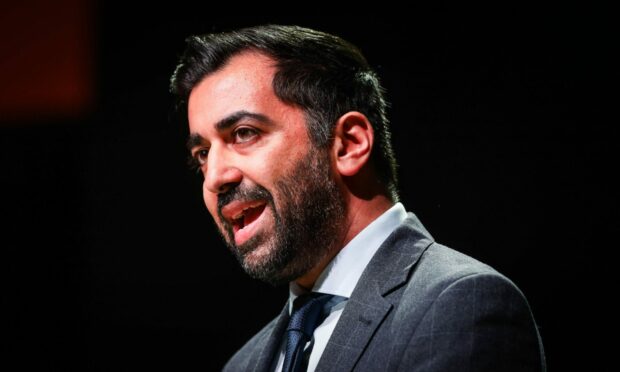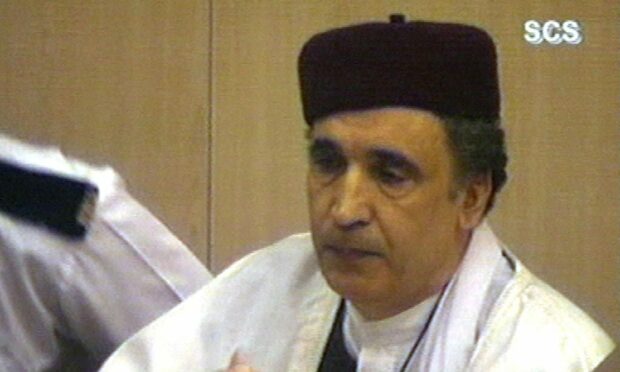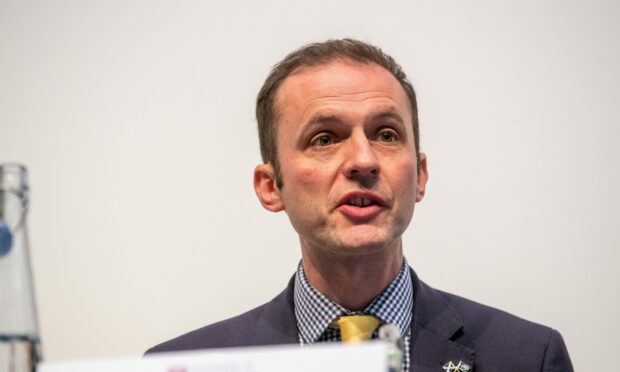Police officers investigating Sam Eljamel fear the disgraced surgeon will never be extradited to Scotland, The Courier can reveal.
Dundee detectives have been probing the rogue NHS Tayside doctor’s butchery for nearly five years now after complaints from multiple patients who were harmed by him.
On Thursday, the Scottish Government finally relented to the demands of Eljamel’s determined victims and granted a public inquiry into the fiasco.
As attention now shifts to what happens next, fresh questions have emerged over whether the rogue medic will ever face his victims at an inquiry.
On Wednesday, it was hinted efforts could be made to force the elusive surgeon back to Scotland, years after he fled to home country Libya to dodge culpability.
But The Courier understands, after speaking to several sources briefed on the investigation, officers do not believe Eljamel will be made to return.
An independent neurosurgeon was tasked earlier this year with pouring over files detailing the treatment of complainants.
The medical expert’s review is expected to finish before the end of the year and that is when police and Crown Office officials will look at his conclusions.
Insiders say Detective Inspector Gavin McKinlay – lead investigator in the Eljamel case – has maintained regular contact with patients since their initial complaints.
In June, First Minister Mr Yousaf cited Eljamel’s absence from Scotland as a key reason for his opposition to a public inquiry at the time.
However, campaigners pushing for an inquiry insist his attendance is not compulsory for a probe to go ahead, given they want answers from NHS Tayside chiefs.
At the centre of the decision to grant an inquiry was a recent bombshell report highlighting massive failings from health board bosses in their handling of the scandal.
And today a Scottish medical law firm revealed it is currently investigating possible further action against the health board on behalf of patients.
Yet even if Eljamel’s presence is not vital for a public inquiry to get answers, his presence would force him to account for his behaviour.
What are the hurdles to extradition?
Any attempt to bring Eljamel back to Scotland will be highly complex and far from simple.
Libya has been plagued by instability since the 2011 execution of Colonel Gaddafi, and in 2014 it split between warring eastern and western factions.
LISTEN: Our award winning Stooshie podcast looks at the Eljamel story
In legal terms, the UK does have an extradition treaty with Libya, which was signed by both nations in 2008.
However, in effect it is largely null and void, since Libyan law typically prevents the extradition of its own citizens.
There is past precedent for Libyans being extradited to the UK – before and after Colonel Gaddafi was removed from power.
Lockerbie bomber Abdelbaset al-Megrahi was sent to the Netherlands for his trial, and then imprisoned in Scotland following his conviction.
In 2019, the brother of one of the bombers from the 2017 Manchester Arena attack was extradited to Britain over his alleged role in the attack.
One expert confirmed any extradition effort will be “challenging”.
Stephen Gethins, Professor of Practice in International Relations at St Andrews University, said: “I understand the UK doesn’t have an extradition treaty with Libya at the moment which is no surprise given the situation Libya is in.
“In the aftermath of the French-UK led military intervention in 2011, Libya was plunged into chaos.
“And it’s a country plagued by disorder, violence and conflict so that makes things challenging.”
Mr Gethins, a former SNP MP for North East Fife, explained that due to no unified government having authority over the whole country, Eljamel could be out of reach.
He told The Courier: “You are dealing with a country in crisis, with two (competing) governments who are claiming responsibility.
“If you deal with the United Kingdom, albeit there is devolution, but you are dealing with stable authorities where the rule of law runs though the whole country.”
He added: “For example, if Eljamel has gone to Benghazi which is under the control of the Libyan national army, that’s not recognised by the United Kingdom.
“In terms of extradition, that makes things very difficult.”
A Police Scotland spokesperson said: “Enquiries are ongoing and we continue to work alongside partner agencies.”





Conversation